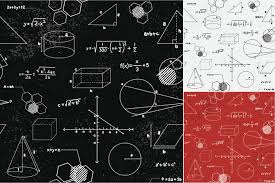这是一份liverpool利物浦大学MATH101/MATH102的成功案例

For $h \neq 0$ and $x+h$ in the domain of $f$,
$$
f(x+h)-f(x)=\frac{f(x+h)-f(x)}{h} \cdot h
$$
With $f$ differentiable at $x$,
$$
\lim {h \rightarrow 0} \frac{f(x+h)-f(x)}{h}=f^{\prime}(x) $$ Since $\lim {h \rightarrow 0} h=0$, we have
$$
\lim {h \rightarrow 0}[f(x+h)-f(x)]=\left[\lim {h \rightarrow 0} \frac{f(x+h)-f(x)}{h}\right] \cdot\left[\lim _{h \rightarrow 0} h\right]=f^{\prime}(x) \cdot 0=0 .
$$

MATH101/MATH102 COURSE NOTES :
Show that
if $f(x)=x^{3}$, then $f^{\prime}(x)=3 x^{2}$.
Prove by induction that for each positive integer $n$, $f(x)=x^{n} \quad$ has derivative $\quad f^{\prime}(x)=n x^{n-1} .$
HINT:
$$
(x+h)^{k+1}-x^{k+1}=x(x+h)^{k}-x \cdot x^{k}+h(x+h)^{k} .
$$